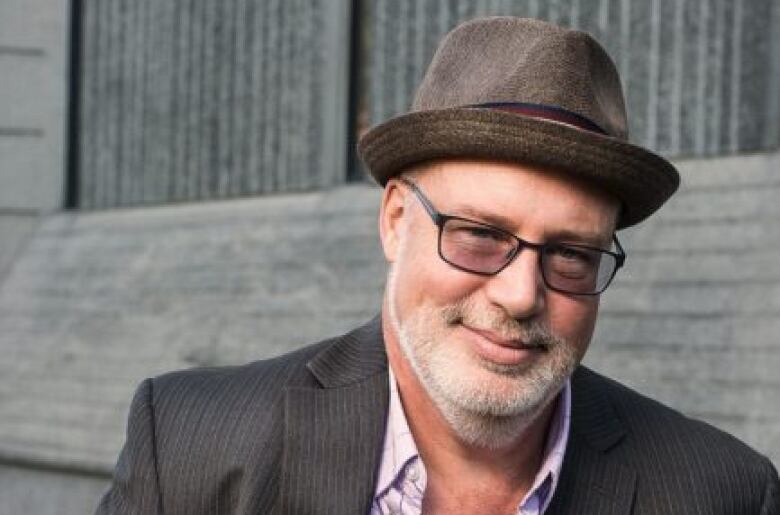An English major is not destined to be a barista, these professors say


Is literary studies going extinct? It's an age-old question, says Lisa Dickson, associate professor of English at the University of Northern British Columbia. In fact, it's 2,300 years old.

"People have been asking that question since Plato tried to kick the poets out of the republic," said Dickson. "And we are still here."
Nick Mount, a professor of English at the University of Toronto, agrees.
"Attacks on the humanities are as old as the humanities," Mount told The Sunday Edition host Michael Enright.
The question may not be new, but findings from Statscan show that the number of post-secondary enrolments in the humanities has been in steady decline.

In 2012/2013, for instance, a little more than 302,000 students were enrolled in the humanities. By 2016/2017 that dropped to under 260,000. (New numbers are expected later this month.)
The situation is even worse in the United States, where a recent collection of essays from the Chronicle of Higher Education asked: "Can literary studies survive?"
Mount says a key reason for the decline in enrolments has to do with a rise in the number of international students at Canadian universities, including U of T.

"We are taking more and more international students, and those students do not come here to take humanities degrees, by and large," said Mount, noting the high cost of tuition international students pay.
Mount, Dickson and Jessica Riddell, professor of English at Bishop's University, told the Sunday Edition that the humanities are in a state of flux.
"They're not dying. They're changing," Mount said, pointing to the rise of humanities-related fields such as urban studies, gender studies and digital humanities as an example of how traditional fields like English, history and philosophy are evolving.
"The humanities are in our public spaces," said Riddell.
She noted a recent study that found poetry consumption among 18 to 24-year-olds has doubled. Riddell and Mount attributed this in part to the popularity of Canadian poet Rupi Kaur, who has almost four million followers on Instagram.

As for the idea that an English degree is a "barista degree"? These professors say it's a myth that doesn't hold up against the research.
"We actually find that within 10 years, [humanities and liberal arts students] catch up and even surpass some of their colleagues in social sciences, and natural sciences and also report greater job satisfaction," said Riddell.
Dickson and Riddell say students are more engaged than ever in the classroom, turning to literature and the humanities to understand complex issues from climate change to political polarization.
"We need the humanities more than ever,'' Dickson said. "Plato hasn't managed to get rid of us yet."
Click 'listen' above to hear the full interview.